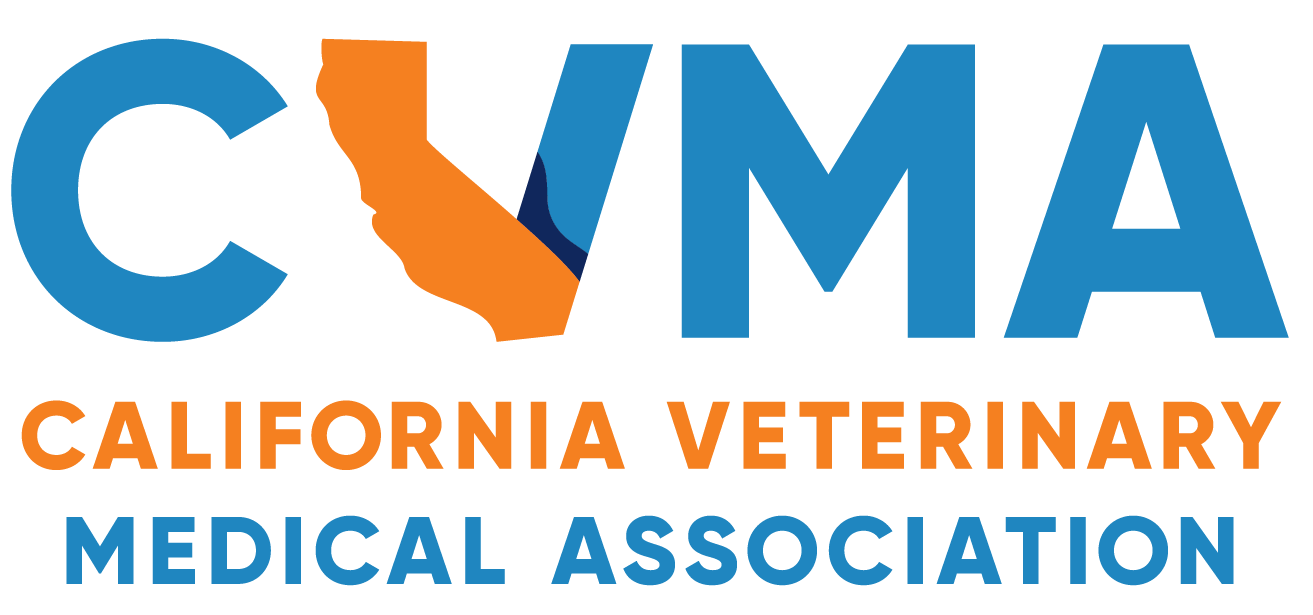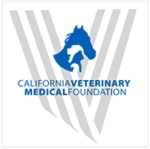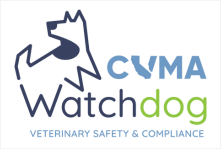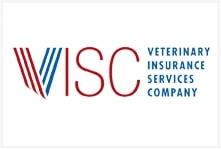This article was originally printed in the July/August 2025 issue of the California Veterinarian magazine.
The National Veterinary Accreditation Program (NVAP) enables enrolled veterinarians to issue interstate and international animal health certificates, which are required for animals to cross state or country borders. The program is administered by the United States Department of Agriculture Animal Plant Health Inspection Service (USDA APHIS). Veterinarians may not issue health certificates without being enrolled in the program. The following highlights enrollment requirements for the NVAP.
Initial Applicants
First-time registrants must take an Initial Accreditation Training (IAT) online followed by an in-person orientation program. IAT is available only through the NVAP Coordinator in the state where accreditation is sought. After the IAT is complete, the classroom orientation is scheduled by the NVAP coordinator. Upon orientation completion, veterinarians will be invited to apply for NVAP accreditation by completing and submitting VS Form 1-36A (aphis.usda.gov/sites/default/files/vs1-36a.pdf) to the NVAP coordinator.
Renewal for Current Registrants
Veterinarians are required to renew their NVAP accreditation every three years. APHIS encourages veterinarians not to wait until just before their NVAP expires to renew. Applications for renewal can be submitted up to six months prior to the expiration/renewal date.
NVAP registrants must complete the required number of units of APHIS-Approved Supplemental Training Modules for their category of accreditation prior to applying for renewal.
The categories are:
- Category I Accreditation (three units required within three-year renewal period): Accredited veterinarians in this category are authorized to issue health certificates for all animals except food and fiber species, horses, birds, farm-raised aquatic animals, all other livestock species, and zoo animals that can transmit exotic animal diseases to livestock.
- Category II Accreditation (six units required within three-year renewal period): Accredited veterinarians in this category are authorized to issue health certificates for all animals.
There are two options for completing the APHIS-Approved Supplemental Training Modules:
Online at: aphis.usda.gov/nvap/training-modules
Through classroom trainings offered at veterinary meetings or continuing education conferences. Except for 2025, NVAP classroom training is offered as a track at the Pacific Veterinary Conference each year. The track provides enough courses to satisfy the continuing education requirement for either NVAP category.
NOTE: Currently in 2025, the USDA NVAP has temporarily suspended its classroom trainings due to budget constraints.
After the required continuing education is complete, accreditation renewal can be completed either online or by mail by completing a VS Form 1-36A and submitting it to the NVAP coordinator. Online renewal can be accessed at vsapps.aphis.usda.gov/vsps/ by obtaining a Level 1 eAuthentication account.
Lapsed Accreditation
To check accreditation status, visit nvap.aphis.usda.gov/web/nvap.accred_status_pkg.form_prompt. If your accreditation has lapsed, a completed VS Form 1-36A may be submitted to the NVAP coordinator who will then reinstate a six-digit NVAP accreditation number. Applicants must then complete continuing education modules offered by APHIS via the options listed above.
More information about NVAP accreditation can be found at aphis.usda.gov/nvap/area-vet. Questions regarding NVAP accreditation enrollment or renewal can be directed to the NVAP California coordinator Todd Carnes at Todd.D.Carnes@aphis.usda.gov or by calling (916) 854-3903.
This article is for informational and general educational purposes only. It is not intended to take the place of legal advice nor should it be considered as a legal interpretation. Although significant effort has been made to ensure the accuracy and completeness of the information at the time of publication, the CVMA shall not be responsible for any errors or omissions, or any agency’s interpretation, application, or enforcement of the information presented herein.







